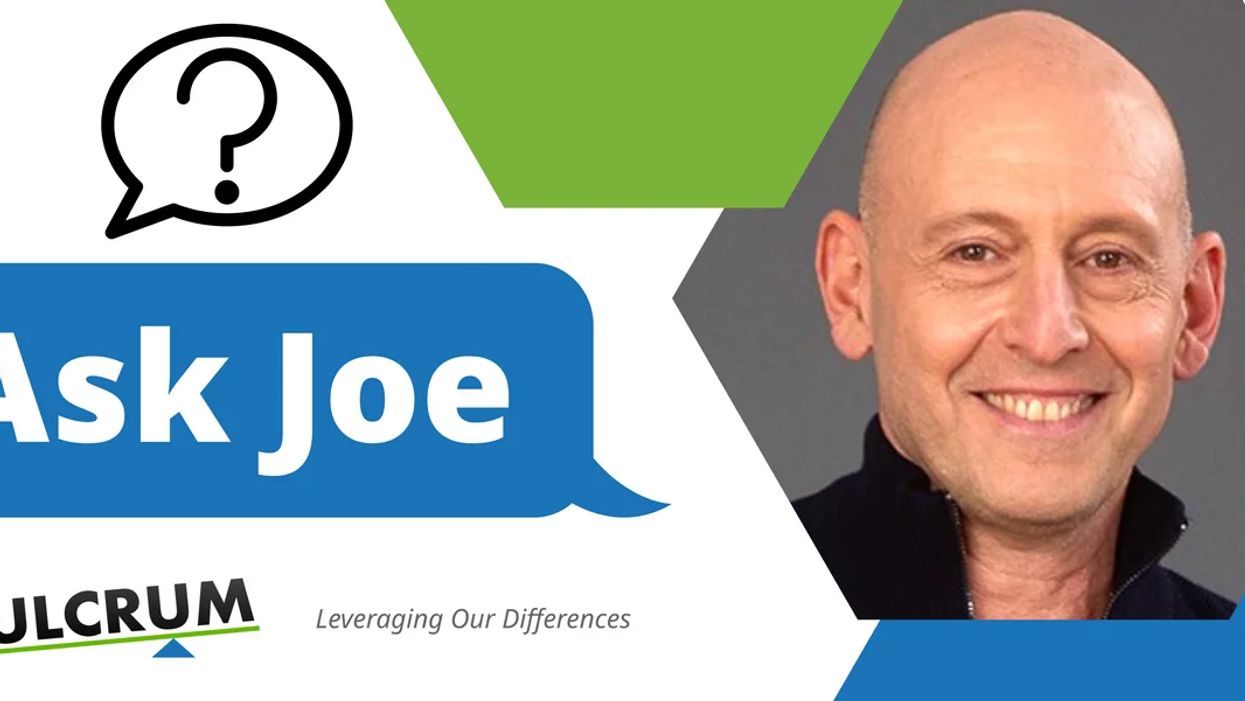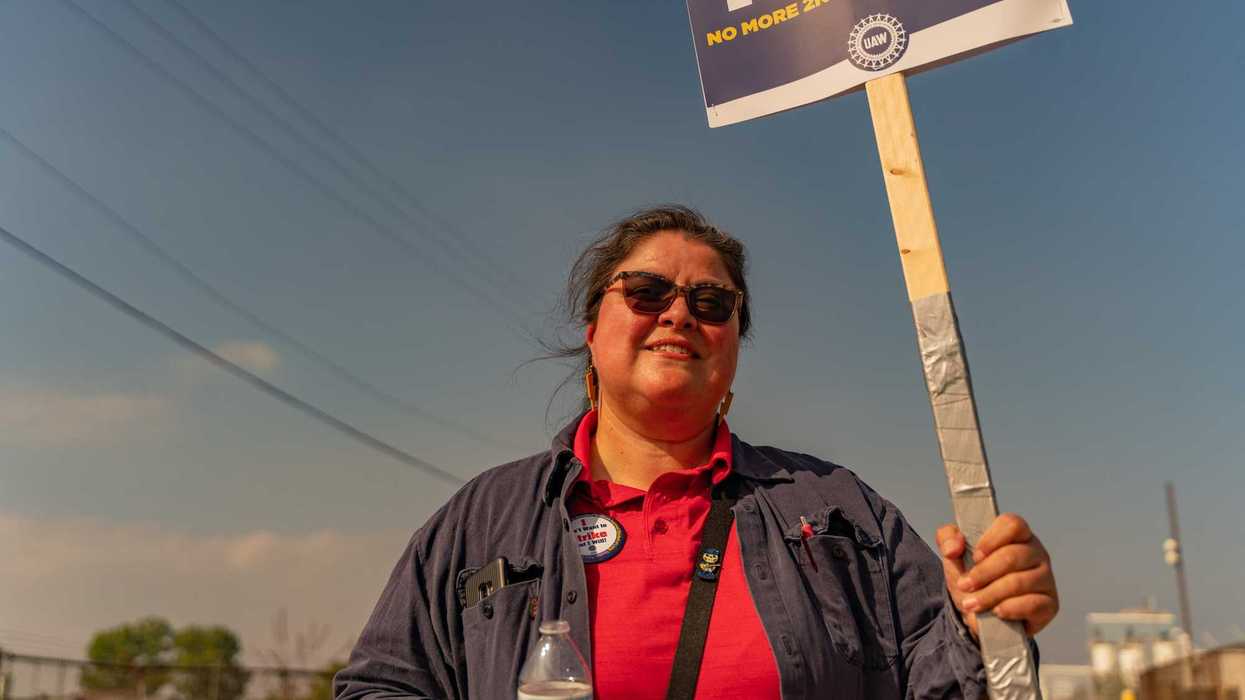Hey Joe,
I have fun reading your articles, they remind me of how I used to be when I first got involved with activism work. But I’ve gotten older and seen the horrible things that people can do. I don’t see how people can change. There seems to be so much at stake. You always seem so optimistic. How do you do it? Are you really being realistic?
Had it
Hey Had it,
Believe me, I have my moments when I feel this way. How can you not when you see how we are treating one another and how fixated we are on not yielding on anything? I don’t think I’m very optimistic about where we are headed; I don’t see us resolving our issues any time soon. But I am hopeful for what is possible in the long run. I do have faith in the human spirit.
Alongside all the volatility, the breakdown of all the old structures, a deep shameless and pervasive greed and lack of empathy for others, I also see amongst some a deepening of commitment to our highest values and the care and wellbeing of not only ourselves, but other beings and the planet. More of us are beginning to consider our human-spiritual dimensions and transform them into tangible, practical action. Although we don’t often see it on the news, in newspapers, or on social media, we are in a renewed, creative phase of global unity and inclusivity right now that has been emerging for quite a while.
What gives me hope is that, despite what we may believe, we are and always have been globally interconnected and interdependent. Bridging the gap between a conceptual understanding of our global connection to actually taking action requires acknowledging that our beliefs in our separateness is an inaccurate mental construct. I came to this conclusion after having spent many years training and practicing with teachers in various esoteric studies. I had the desire to gain deeper insight into the true nature of reality and cultivate skills for compassion. But I’d like to share with you one of the more significant lessons in understanding the illusory aspects of our mental constructs of separation that happened when I was still a young boy.
I loved many things as a child, but two of my favorites were maps and cartoons. Studying maps kept me occupied for hours. Growing up at the height of TV culture, I spent hours and hours watching cartoons. In one of the episodes (it could have been Bugs Bunny or Road Runner), one of the characters was chasing the other across the state line. I knew they’d crossed into another state because it was graphically indicated by a thick black line drawn across the entire landscape.
Having seen this episode many times, and also studying maps, I assumed in my young mind that whenever crossing a state border, I’d see a thick black line. I remember clearly the first time my family took a trip from my hometown of New York City to another state. For days, I was excited, anticipating seeing for the first time that thick black line dividing the two states. You can imagine my confusion and disappointment when there wasn’t one!
This began a decades-long contemplation of the illusory nature of how we delineate and label things. I finally understood that a border is simply a person-made set of agreements that would not have existed if the parties involved didn’t make the agreement. In other words, a border only exists because we create a mental construct of it; in reality, it is changeable and not fixed, and if we try to look for concrete proof of its existence, we will never find it.
And yet, think about how many people throughout history have died, or have been enslaved or oppressed, by this phenomenon of “border” that isn’t truly real! Consider the current tragedies playing out in Russia/Ukraine, Israel/Palestinian territories, and China/Taiwan, to name just a few places, and the devastation to people, landmarks, nature and creatures—all motivated by disputes over fabricated labels or definitions.
Of course, it's healthy to categorize and even celebrate what makes us unique. We can acknowledge our differences based on party, race, gender, nation, economic status or culture, but these things don’t imply that we are separate.
It is a continuous practice to first catch myself when I create in my mind the false belief that we are separate and then remind myself of the reality of our global interdependence and interconnectedness. I don’t have to like others to acknowledge our interdependence. I don’t have to see the world the same way they do. But I can soften the rigidity of how I label someone and, by doing so, bridge the gap of our so-called separateness.
Someone you label “stranger” today may actually be the person you end up marrying. Did they change? No, your label of them changed. Someone you consider an “adversary” today may never become your friend, but they may become a useful ally to advance your projects and mission.
So, this is what keeps me grounded and hopeful for a better outcome. The fact that nothing is fixed or concrete and everything has the capacity to transform IS the very core of my hope.
There’s so much more I can say about this, Had it. This is an integral part of my new book, Fierce Civility, if you want to explore more. I hope this offers some insights into how to deal with some of the hopelessness we are confronted with on a daily basis.
In the meantime, thanks for keeping it real,
Joe
Learn more about Joe Weston and his work here. Make sure to c heck out Joe’s bestselling book Fierce Civility: Transforming our Global Culture from Polarization to Lasting Peace, published March 2023.
Have a question for Joe? Send an email to AskJoe@fulcrum.us.




















Why does the Trump family always get a pass?